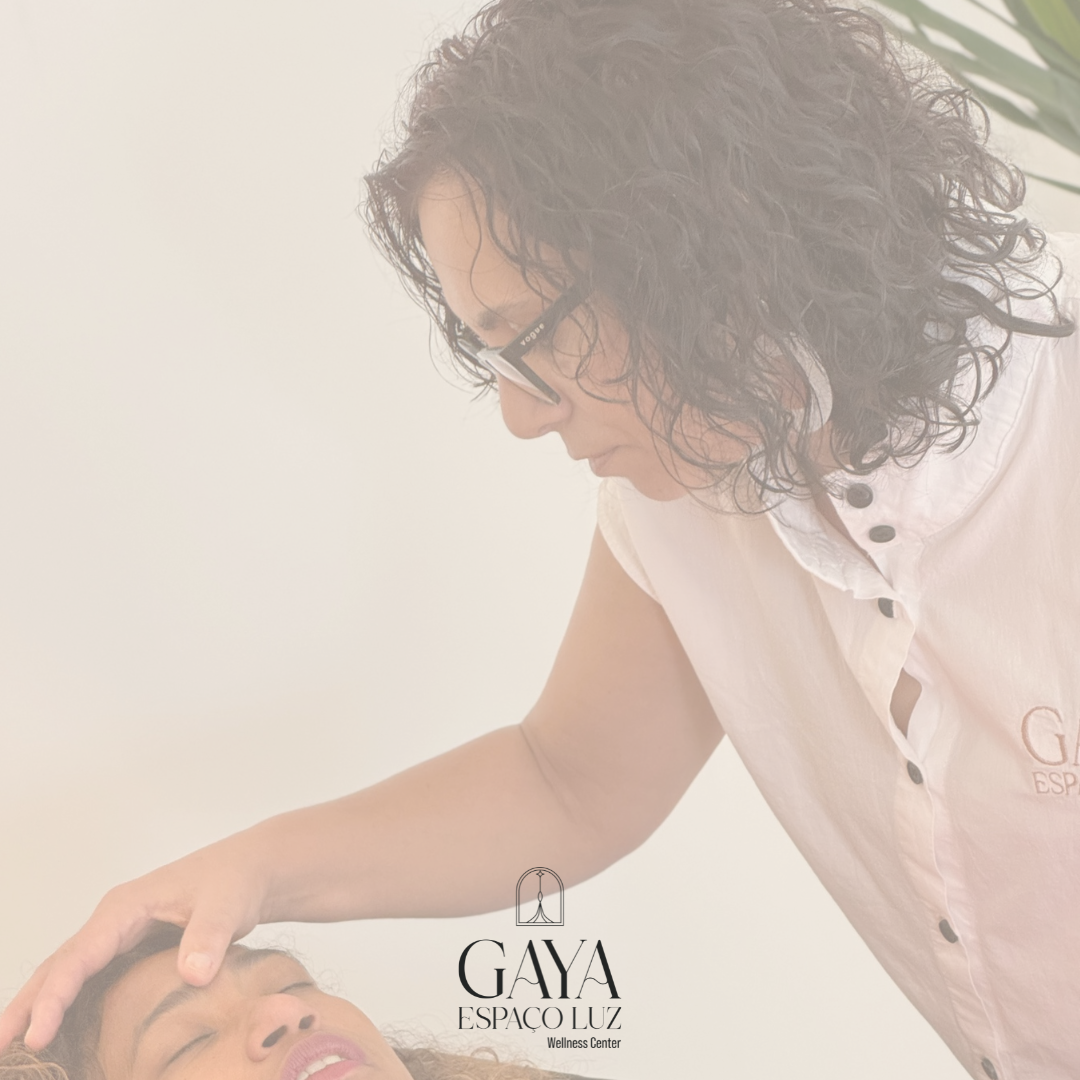Gaya Espaço Luz
Hypnotherapy and TGR
Hypnotherapy and TGR
Couldn't load pickup availability
Hypnosis is an alternative state of heightened consciousness, where the subject remains fully awake, experiencing sensations, feelings, perhaps having images, regressions, anesthesia and other hypnotic phenomena while in this state. The patient becomes more internal, more focused.
During the trance, the person becomes disconnected from external perceptions and has a great deal of internal activity, without losing their state of alertness. According to the American Psychological Association, in the definition published in 1993, hypnosis is a procedure during which a researcher or health professional suggests that a patient or individual experience changes in sensations, perceptions, thoughts or behaviors.
But even all the conceptualization attempted to date cannot encompass the full richness of the experience of hypnosis, which, through hypnotic phenomena, enables a person to produce new learning and to use the wisdom of their unconscious in their service.
The TRG Technique is a brief therapy focused and oriented towards resolving emotional and psychosomatic problems, freeing the person from traumas, phobias, compulsions, anxiety, depression, panic attacks at the root, which when accumulated become recorded in the brain, creating blockages and limitations.
Generative reprocessing works on the entire psyche so that the person is no longer paralyzed by pain, thus restructuring the entire history of trauma from birth to the present moment, also working on fears and anxieties related to the future.
TRG Therapy works with 5 methodologies directly with the unconscious, removing all traumas, providing well-being, such as: quality of life, peaceful sleep and enjoying the present as you always dreamed. In addition to everything, having your best version.
Main indications: Depression; Panic; Anxiety Disorders; Learning Difficulties; Obsessive/Compulsive Disorder; Post-Traumatic Stress Disorder; Eating Problems (Anorexia Nervosa, Bulimia); Stress; Social and Specific Phobia; Shyness; Frigidity; Impotence; Pain Control; Bad Habits (Smoking, Alcoholism); Obesity; Self-Esteem; Memory Problems; Fear of Public Speaking; Sleep Disorders; Insomnia; Improvement in Sports Practice; Improvement in School Performance; Among many other psychological problems and disorders.
Share



